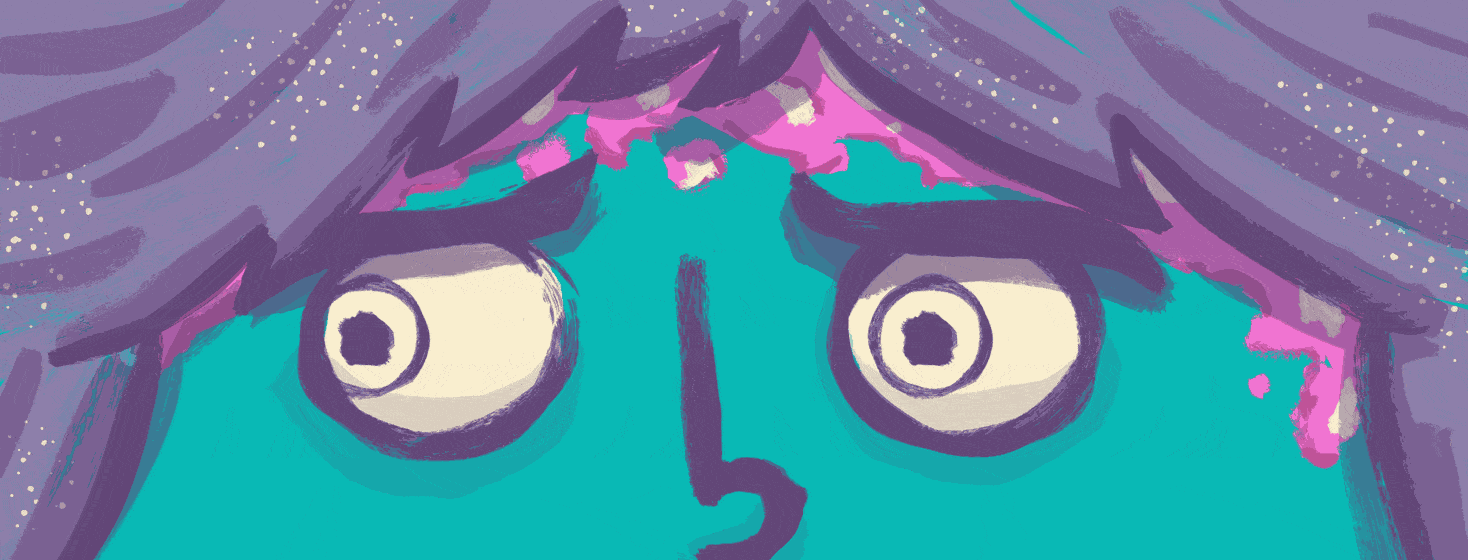What It's Like Living With Scalp Psoriasis
My psoriasis journey began more than a decade ago. Some of my first symptoms directly affected my scalp. Initially, like with most sufferers, it started with small plaques in my hair before it became much more widespread and the plaques began to grow.
Itching and picking at the plaques became a bit of a habit. I eventually stopped doing as I soon realized the damage it could do to my hair follicles.
Desperate for relief
I have previously written about how bad my scalp psoriasis has been. It’s no lie that the condition affected me so badly that I couldn’t get a haircut or put a razor near my hair.
However, it has improved with the right treatment and moisturizers. My hair routine would be to apply coconut oil each night and then wrap my hair in a shower cap so it could be left in overnight. This soothed the plaques and made them easy to lift in the morning when it came to washing out the oil.
I have to stress, however, that this never cleared the condition.
How scalp psoriasis impacts my life
There’s no denying that having scalp psoriasis has taken a toll on me both mentally and physically. Not being able to cut my hair has made me feel anxious and depressed. Seeing the plaques grow bigger and become more widespread had a profound impact on how I viewed myself and on my self-esteem.
Physically, I became fatigued and lacked energy. I didn’t want to exercise, go out or take part in leisure activities. I avoided swimming pools so people wouldn’t notice the plaques or wouldn’t make a comment about them.
Then there are the individuals who think scalp psoriasis is simply dandruff. Going about your daily life with large plaques in your hair can make people think it’s a variety of conditions. When you scratch, flakes fall out of your hair and onto the ground. I’ve had a few comments previously asking if I had a ‘bad case of dandruff’. They would tell me what shampoos to use. It was very off-putting.
What my hair felt like...
I tried not to hideaway. I didn’t want to restrict myself by wearing a hat or cap outside. To be honest, the plaques weren’t so visible as my hair grew because the hair would cover it up. Yet, it still made me feel down and anxious when the plaques became really thick.
It was like a carpet. Carpet in your hair. It was horrible, and something I wouldn’t wish on my worst enemy.
I would say living with scalp psoriasis is the worst place for the condition to affect you. Because it’s intertwined with hair follicles the combination can make it difficult to treat, but also difficult to manage and maintain. The treatments that are prescribed are often time-consuming and cumbersome. Bear in mind, I have suffered psoriasis practically everywhere. For me, however, having it in my scalp gave me the rawest deal.
What do treatment options look like?
If you’re like me and have struggled with scalp psoriasis or are struggling with it, there are plenty of treatments. These range from moisturizers and ointments to scalp treatments and biologics.
The biggest success I’ve had with clearing my scalp psoriasis has been on a biologic, but coconut oil, as I’ve already discussed, was an absolute gem. It didn’t do much to clear the scales but it soothed them and made the whole area less itchy.
How would you describe scalp psoriasis? What tips do you have for managing treatment?

Join the conversation